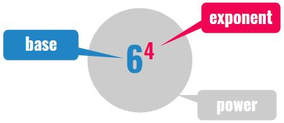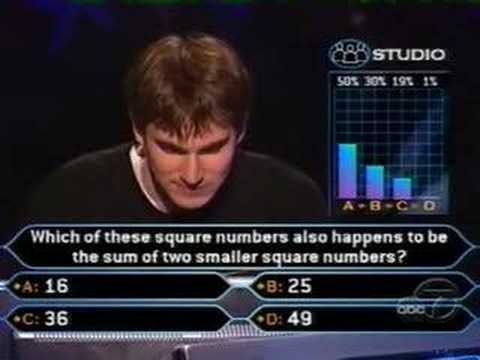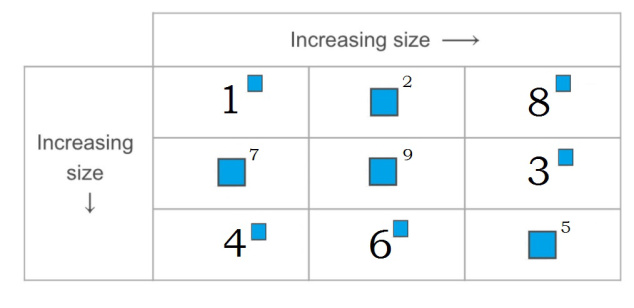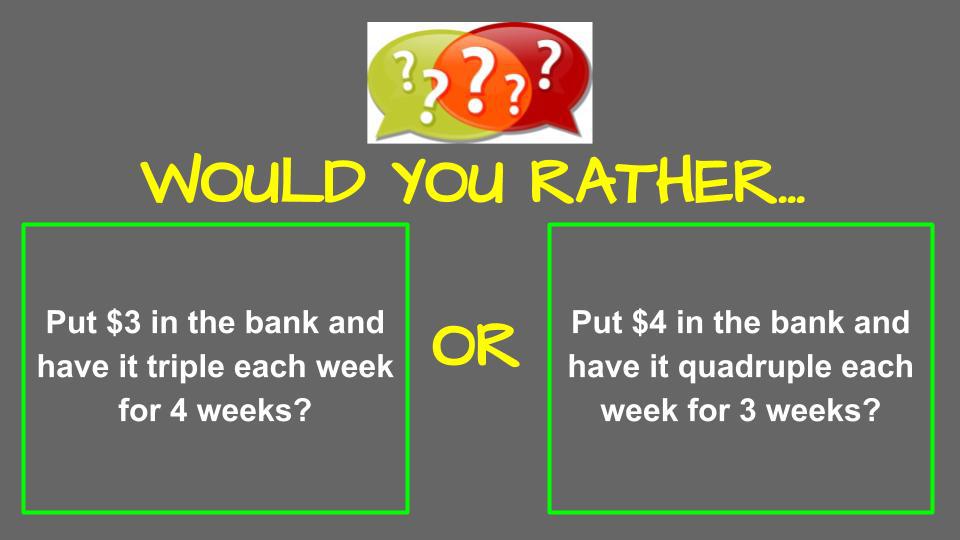Mathematics 9 Powers and Exponents
Specific Curriculum Outcomes
N01 Students will be expected to demonstrate an understanding of powers with integral bases (excluding base 0) and whole number exponents.
N02 Students will be expected to demonstrate an understanding of operations on powers with integral bases (excluding base 0) and whole number exponents. (Exponent Laws)
N04 Students will be expected to explain and apply the order of operations, including exponents, with and without technology.
N01 Students will be expected to demonstrate an understanding of powers with integral bases (excluding base 0) and whole number exponents.
N02 Students will be expected to demonstrate an understanding of operations on powers with integral bases (excluding base 0) and whole number exponents. (Exponent Laws)
N04 Students will be expected to explain and apply the order of operations, including exponents, with and without technology.
N01 activities
|
|
|
|
N02 and N04 Activities
- Exponent Experimentation 1 from Illustrative Mathematics - Students decide whether each equation is true and explain how they know.
- Math Mistakes with Exponents from Andrew Stadel - Andrew has students analyse mistakes other students have made when evaluating exponential expressions and solving exponential equations. Students have to find the mistake, correct it, and justify the correct solution.
- Exponent Rules Row Game - A row game is a self checking activity. A worksheet of problems is organized in two columns. Column A and column B. The pair of problems in each row has to have the same answer. If students don't get the same answer, they work together to find the error(s). Ilona Vashchyshyn created this row game for Exponent Rules.
|
- 24 Math Game - This game is excellent practice for order of operations. The original version of 24 is played with an ordinary deck of playing cards with all the face cards removed. The aces are taken to have the value 1 and the basic game proceeds by having 4 cards thrown and the first player that can achieve the number 24 exactly using only allowed operations (such as addition, subtraction, multiplication, division, and parentheses) wins the hand. Some groups of players allow exponentiation, roots, logarithms and/or additional operations. There is also a commercial version of the game. You could play this game as a whole class as well.






